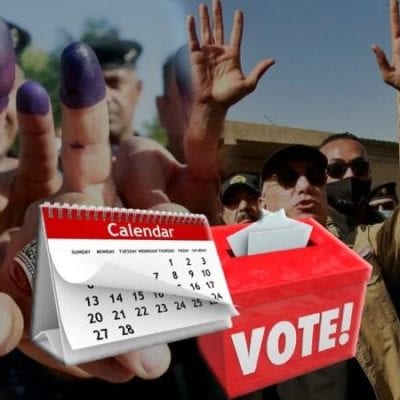COVID19 is fading away the flickering magic of Arab spring in Morocco

Centuries old tradition of “Makhzen” can be seen on streets of Morocco, a platform to share grievances by a network of advisers, spies, military men and people with business interests – something that has been tightening its position in the North African country of Morocco.
Taking the opportunity of COVID19 pandemic, Morocco’s leadership has been trying to reverse its democratic reforms and policies, for which it has been lauded by US and other western countries for its unique position in the rather turbulent region. Experts indicate that slowly deep leadership in Morocco has been taking control. The teeming cities of Tangier and Marrakesh were silenced by the authorities as violators during lockdown were cracked down. Post this the cities widened their efforts to rebels and insurgents, for which they were criticized by the United Nations Commission on Human Rights. The pandemic crisis is deepening in the country as parliament is being sidelined while its duties are being overtaken by the Makhzen.
Riccardo Fabiani, Project Director – North Africa at International Crisis Group said, “When the situation gets bad and things start precipitating, the system has this sort of automatic reflex. They need to be in control and move aside the politicians, the elected leaders, the democratic façade.”
While the political turbulence can be seen across the Arab region in a relatively low-key manner, Morocco is posing a different stance. It has a firm standing during the Arab Spring, just to make the bare minimum required concessions to settle the discontent rumbles. Morocco’s economy is paying the price due to dual sword of Covid-19 pandemic and the worst drought in decades, leading to savaged exports, tourism and agriculture. This has been lending air to growing unrest in the country.
GDP (gross domestic product) in Morocco can shrink 5.2% this year. Think tank at Centre Marocain de Conjoncture predicts a loss of over 2 million jobs in the country which is already suffering unemployment. The first recession during the 21 year reign of King Mohammed VI, this is going to be the real litmus test and the one that will seal his legacy.
King’s Arab Spring reform has made some positive landings like recognition of the Amazigh language, gender equality, officials’ accountability, but it has failed to make some needed systemic changes to resolve deep rooted problems. Unemployment has reached whooping 40%, corruption remains to haunt the citizens, underdeveloped regions remain in country and skilled Moroccans head out overseas for a better life.




